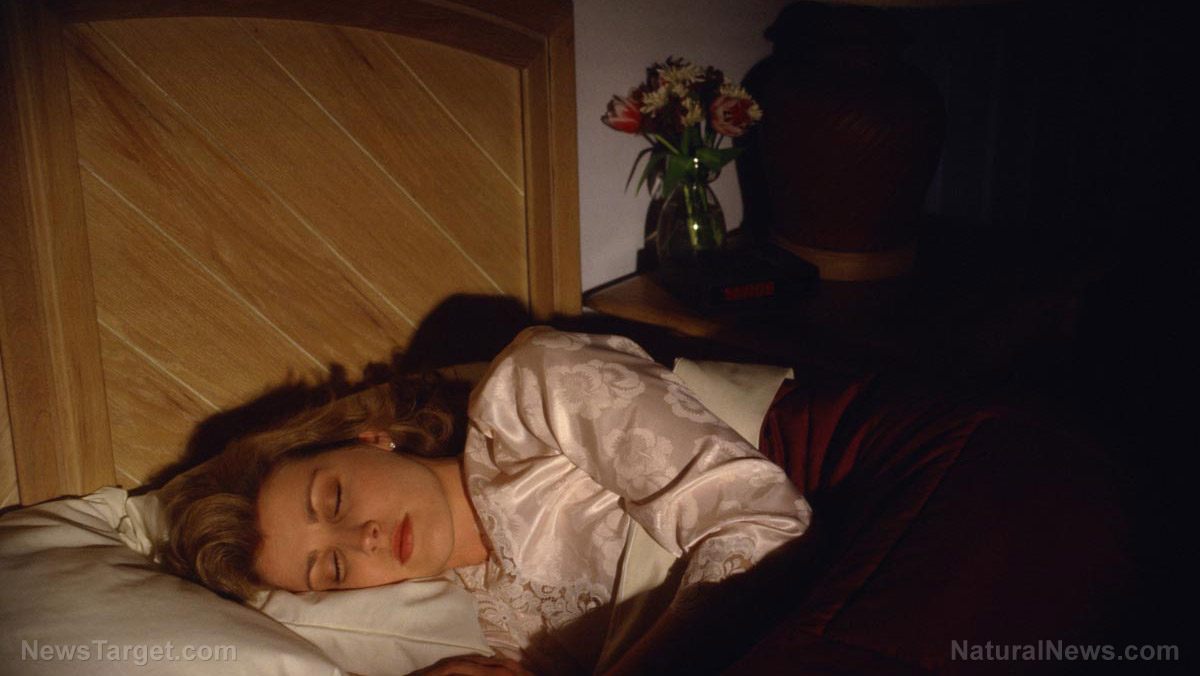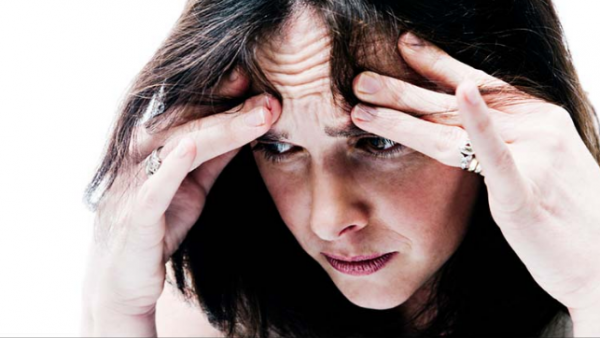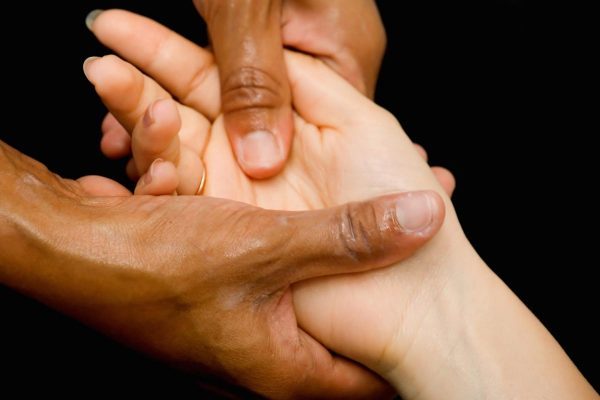For years, scientists have linked depression to mental, emotional, and psychological factors. They attributed depression to problems with family and friends, too much stress, certain medications and alcohol. However, a new study published in the American Journal of Epidemiology points to a different culprit: that tiny nighttime light in the bedroom.
Researchers studied almost 900 elderly people in Japan for two years and evaluated them for signs of depression. The scientists also tested the elderly subjects’ sleep/wake patterns throughout the night. They factored in weight, illness history, smoking/drinking habits, income and medications. After two years, researchers found that those who were exposed to over five “lux” of light per night ended up more depressed. One lux is equal to light from a candle located a meter away; Five lux is equal to the amount of light you get from a street lamp entering a darkened bedroom window.
Those exposed to more than five lux of nighttime light in the study comprised a minority in the study. There were only 150 of them. Still, this small group raised their chances of developing depression by as much as 65 percent after two years. This finding supports earlier research suggesting that LAN (light-at-night) disturbs sleep, prevents secretion of the sleep hormone melatonin, and disrupts sleep/wake behavior.
These symptoms, the study goes on, are part of depression.
Adults are not the only ones who suffer when the lights are on in the bedroom at night. Children and adolescents, whose brain, sleep patterns, and eyes are still underdeveloped, suffer too. Professor Monique LeBourgeois of the University of Colorado Boulder reports that majority of studies show that children and teens who spend more time on screen-based media are likely to have sleep problems. Over five dozen studies of adolescents aged five to 17 all over the world showed that more screen time led to “delayed bedtimes, fewer hours of sleep, and poorer sleep quality.”
LeBourgeois describes light is the “brain clock’s primary timekeeper.” It suppresses the sleep hormone melatonin when it hits the retina of the eye at night. She adds that since younger people have larger pupils, their lenses are more transparent, and they are more sensitive to light.
Besides turning off all lights in your bedroom, along with tablets and smartphones at night, what can you do to get your much-needed sleep?
- Go under the sun — Sunlight helps maintain your circadian rhythm, the body’s built-in time-keeping clock and lengthens sleep duration. A study showed that insomniacs fell asleep 83 percent faster after they went under the sun. People whose work requires them to stay indoors throughout the day can invest in an artificial bright light device or bulb.
- Take coffee during the day — Caffeine stimulates the nerves and can stop you from unwinding at night. In fact, one study revealed that drinking coffee six hours before going to bed worsens quality of sleep.
- Sleep and wake up at the same time each day — Our circadian rhythm is dictated by the rising and setting of the sun. You can help the body unwind at night by mimicking this built-in system. This explains the results of a study that said those who slept at different times of the day and who stayed up late on weekends slept poorly. Other studies show that irregular sleeping hours changes the circadian rhythm and levels of melatonin, which tells your brain to go to sleep.
Here are other ways to get enough shut-eye time.
- Try natural herbs — These include allies of sleep like ginkgo biloba, valerian root, and lavender.
- Take foods rich in magnesium and L-Theanine — These promotes sleep and relaxation.
- Shun alcohol — It disturbs sleep, and can cause sleep apnea and snoring. It also disrupts production of melatonin at night.
- Block the noise — Studies show that noise — whether it be from motor vehicles, a baby crying and others — disturbs sleep.
- Check bedroom temperature — Extremes in temperature can make you stay awake. Try maintaining your bedroom temperature to around 70°F or 20°C. Of course, your body has the final say in determining what’s most comfortable for you.
- Refrain from eating heavy meals late at night — This could make it harder for you to go to sleep.
- Unwind — Have a body massage. Tune in to soothing music. Read a calming book. Take a warm shower. Inhale and exhale deeply. Think about cascading waterfalls or anything soothing.
- Take a warm bath or shower — One study showed that a hot bath 90 minutes before bedtime improves sleep and lengthens its duration.
- Choose a comfortable bed, mattress and pillow — A new mattress can reduce back and shoulder pain. It can alleviate back stiffness and improve quality of sleep.
It’s not really a secret: Getting a good night’s rest is really as simple as detoxing yourself from the seduction of technology. Find more helpful hints on how to have a cleaner, healthier body at Detox.news.
Sources include:
ABCNews.Go.com
Healthline.com





















